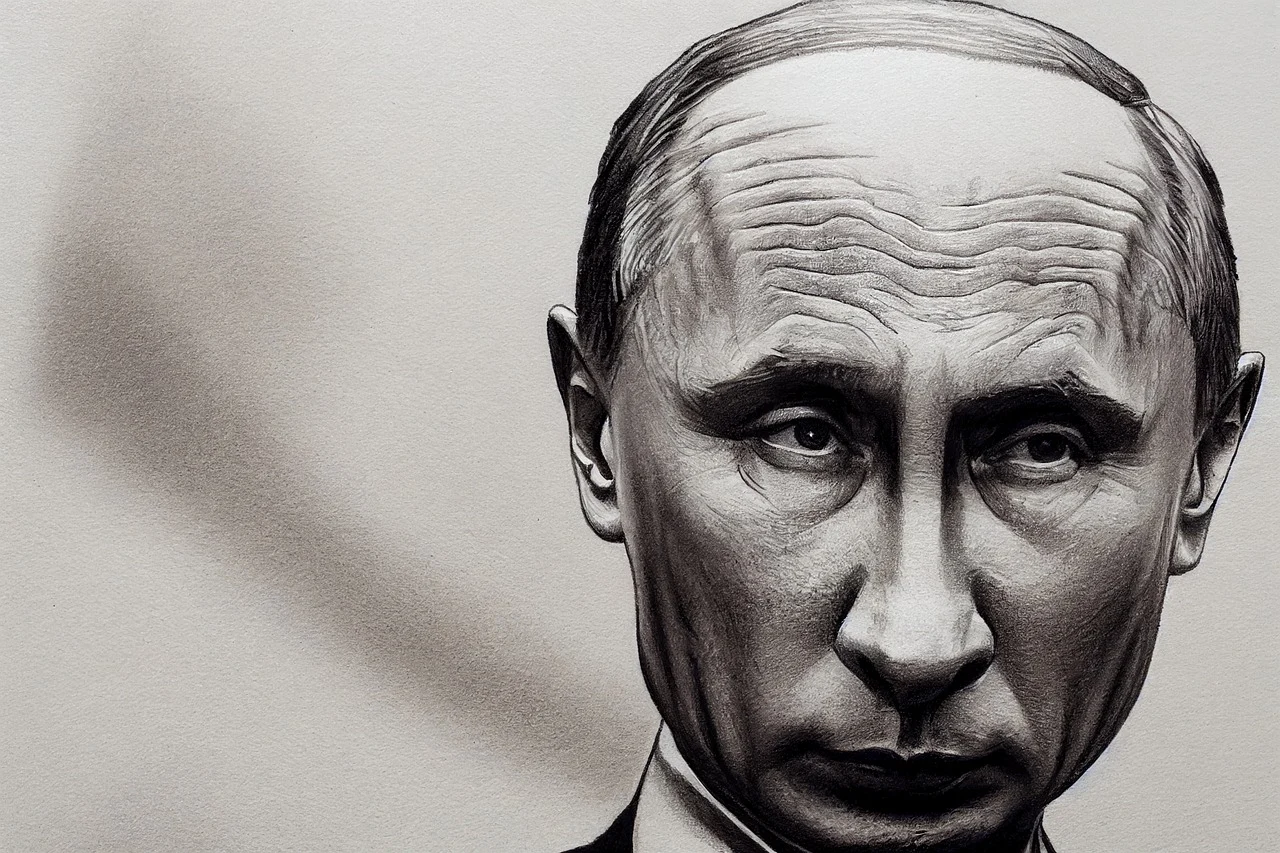The presidency of the UN Security Council is rotated monthly among its members, and Russia has taken up the mantle for the duration of September. This move, at a time of increasing geopolitical tension, has left many wondering how this will play out in the coming weeks.
It’s not hard to see why the rotation of the presidency between the member nations is such a significant concern. As a body that is charged with maintaining international peace and security, the UN Security Council is tasked with addressing issues that can create conflicts and threaten the stability of the world’s economies and populations.
The significance of having Russia in charge of the council cannot be overstated, particularly with the country’s recent history of global interference and destabilization tactics. In the past, Russia has used its veto power to protect Syria’s brutal regime amidst a civil war, allowing it to continue its attacks against civilians. Also, there is the recent invasion of Ukraine and Russia’s ongoing support of its separatist rebels. Therefore, it’s difficult to imagine how Russia’s leadership could positively impact the council’s efforts in maintaining international peace.
While this situation has provoked concerns from Ukraine, there are concerns from other countries, including the United States, that Russia’s leadership will create more problems than solutions. The timing of Russia’s presidency also coincides with its tense relationship with NATO countries, particularly over continued aggression in the Baltics and military exercises close to borders.
If the presidency is seen as yet another means for Russia to exert influence and gain legitimacy, there could be considerable pushback from other council members.
It remains to be seen what the outcome of the presidency is, with many predicting a continuation of Russia’s adversarial actions towards the West. There is already talk of certain nations rejecting council decisions, prevented from passing resolutions critical of Russia. Regardless of whether this develops, it is clear that the concerns that Ukraine and other nations have expressed are not unfounded.

